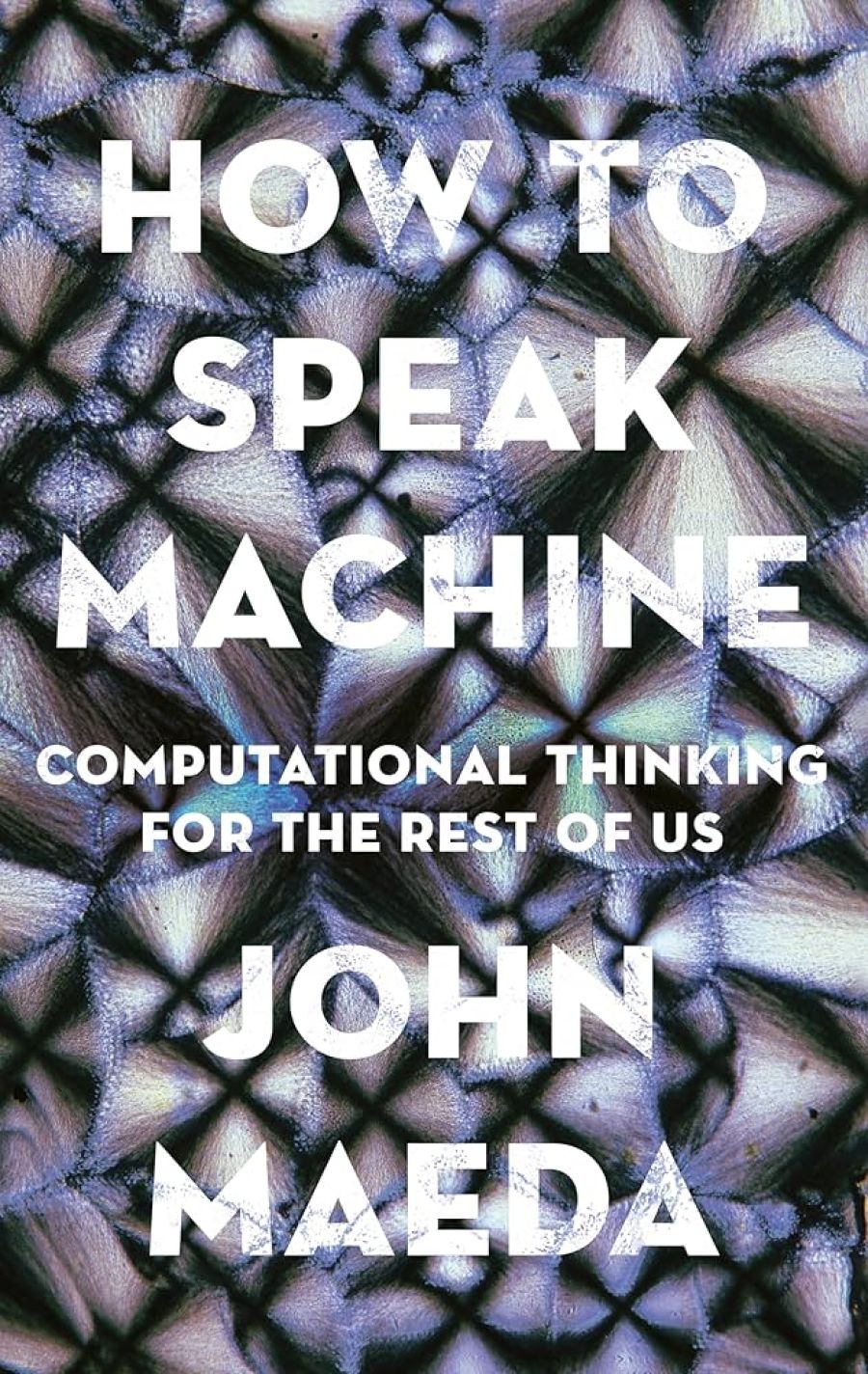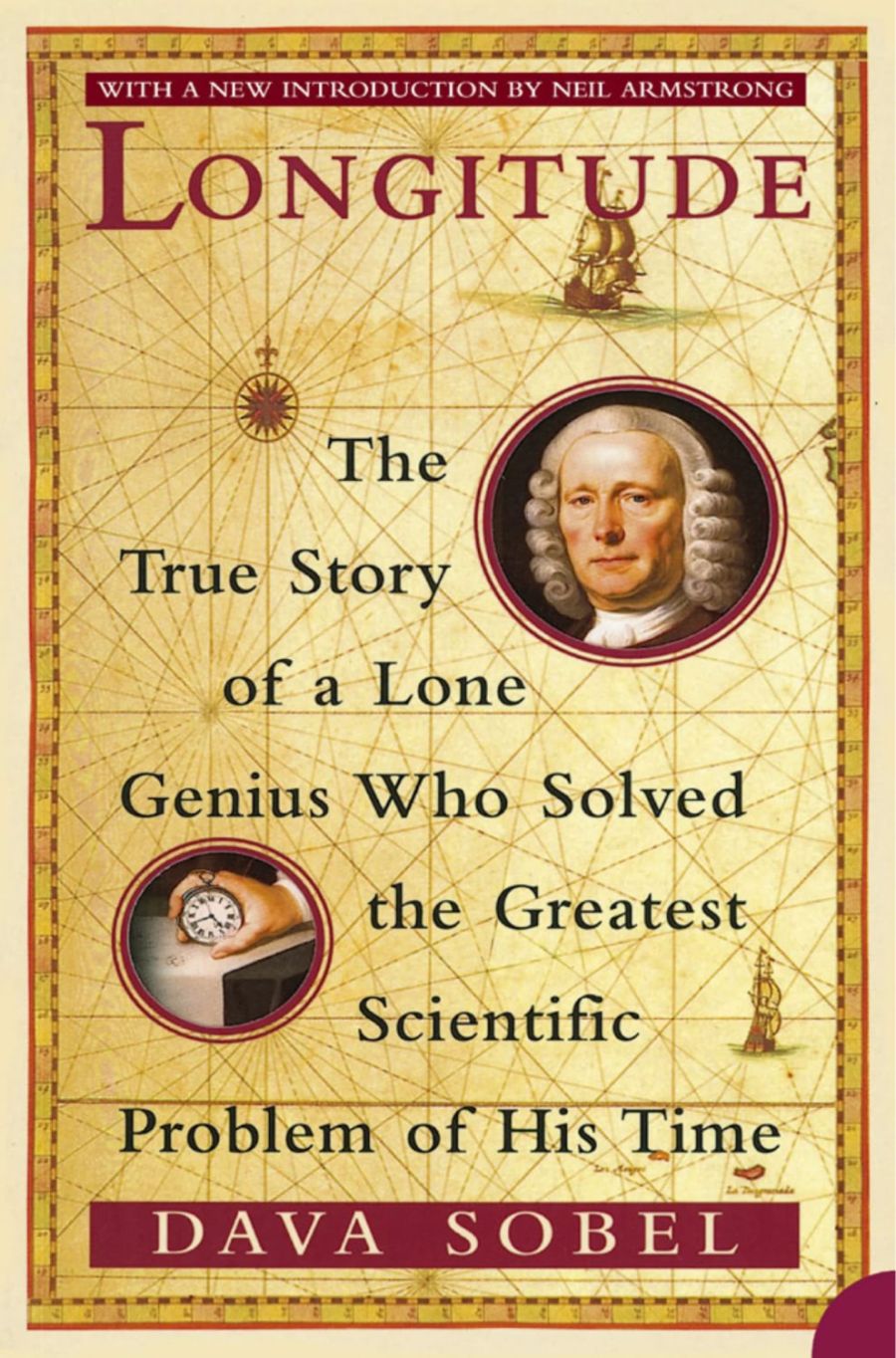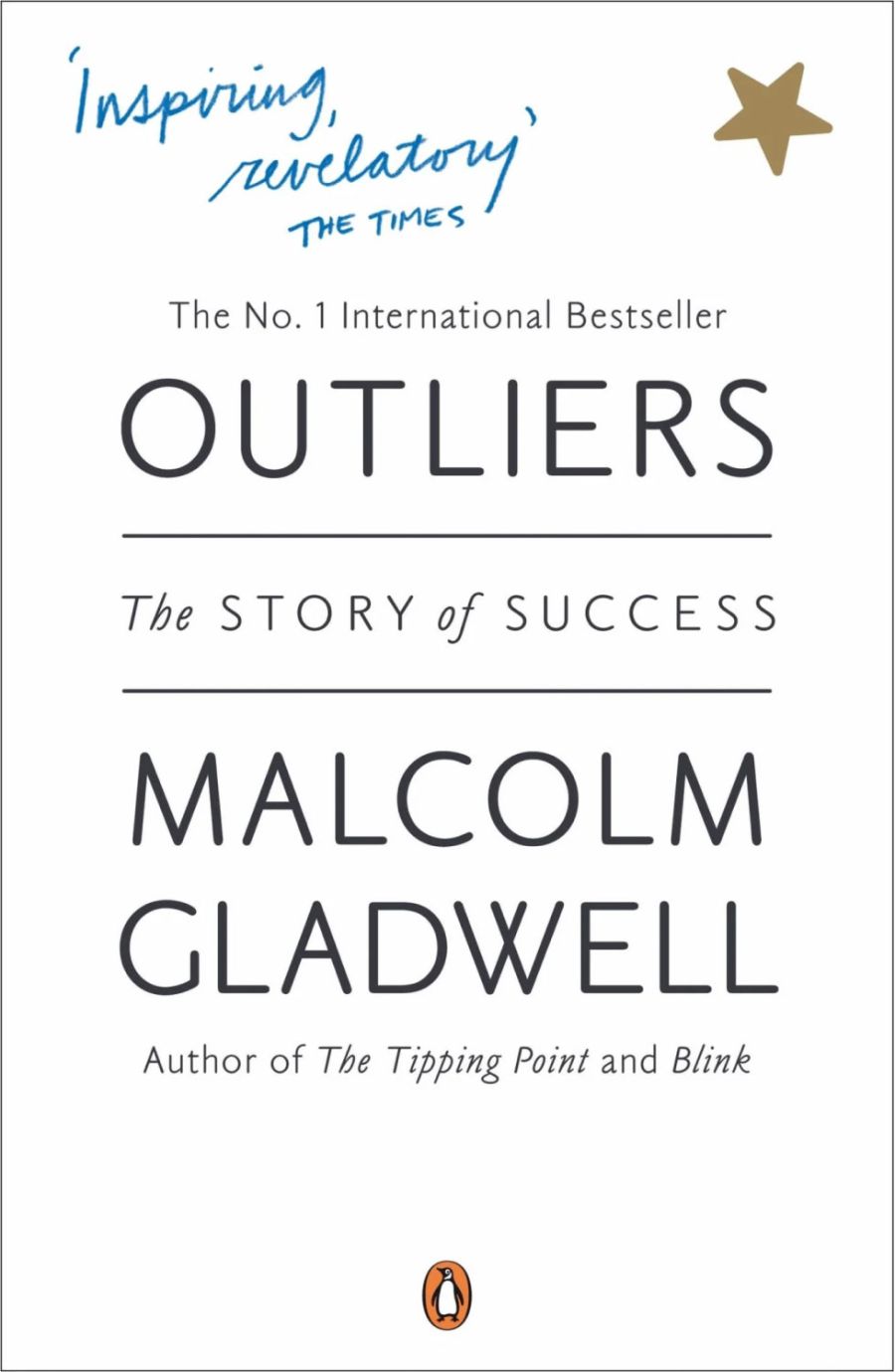
How to Speak Machine
By John Maeda
A key figure in both the worlds of design and technology, John Maeda examines computational design. This is not so much about aesthetics, but the software that facilitates the interactions between humans and machines. Maeda, with the aid of many memorable metaphors, makes complex concepts accessible.
We learn that machines run loops. They never tire or break, so in a sense ‘forever’ is a possibility. They inhabit infinite space, infinite detail, are dynamic and able to model and emulate living systems. Maeda reveals why incomplete products are better, and clearly explicates why software and app updates are necessary and inevitable.
I was shocked by his extrapolations. By 2023 computational power will have exceeded that of the human brain, and by 2045 computational power should exceed the combined power of the brains of all people on the planet. Singularity, it seems, is no longer confined to the realms of Science Fiction.
It is both awe-inspiring and terrifying to realise that we have moved on from computer programmes being logical algorithms with predictable results. Vast amounts of data are now available, and these ever-increasing variables can effectively be fed into a ‘black box’. With AI and machine learning, the responses are no longer predictable. Maeda cautions us about being blind to the technological inequities which, if left unchecked, will fuel increasing inequality.
This was a compelling read. In this book we are challenged to be aware and to care. The power of technology affords us hope and opportunity. We, the average non-techies, are both empowered and challenged. With this knowledge we have a responsibility to check any nascent megalomania that the power of computers can confer upon those with expertise but lacking in ethics.
Book review written by Linda Garden, English Teacher


